The World Health Organization (WHO) unveiled implementation guidance on Tuesday for universal newborn screening in the South-East Asia Region, including Bangladesh. The initiative aims to detect hearing impairment, eye abnormalities, and neonatal jaundice early on to prevent disabilities if managed effectively.
During a regional webinar on birth defects, Saima Wazed, WHO South-East Asia Regional Director, emphasized the importance of member states adhering to the guidance to prevent long-term disability and premature deaths among children. She highlighted that the guidance would enhance capacity-building for pre-symptomatic detection of treatable conditions shortly after birth.
Wazed stressed the significance of timely referral, diagnosis, management, and follow-up for appropriate treatment to prevent long-term disability or premature death. The WHO's South-East Asia region, comprising Bangladesh, Bhutan, DPR Korea, India, Indonesia, Maldives, Myanmar, Nepal, Sri Lanka, Thailand, and Timor Leste, is the largest in terms of population.
The guidance promotes the use of simple tests with non-invasive tools that can be seamlessly integrated into existing health systems. Screening is recommended prior to discharge after a health-facility birth or at the first postnatal care contact in an outpatient setting following a home birth.
Wazed underscored the importance of improving care around the time of birth and the first week of life to ensure every child's survival and optimal development. She mentioned that the guidance was developed through a consultative process with technical experts from member countries.
Despite a 45% decline in under-5 mortality rates in the WHO South-Asia Region between 2010 and 2021, the contribution of birth defects to child mortality has increased. Wazed urged member states and stakeholders to adopt and utilize the implementation guidance to introduce and conduct the recommended screening tests for all newborns, aligning with the region's commitment to achieving Sustainable Development Goal targets for maternal, newborn, and child mortality.
In conclusion, Wazed emphasized the collective responsibility to standardize screening practices, achieve SDG targets, and meet the needs of every newborn globally.



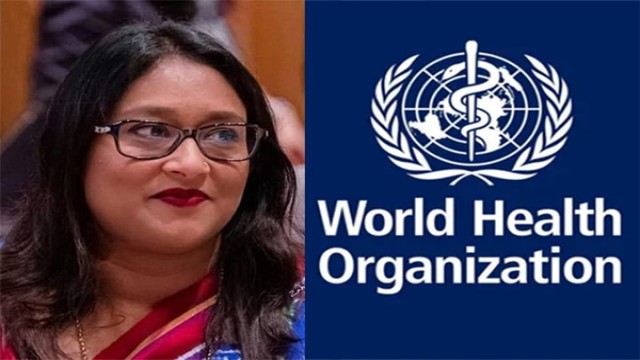







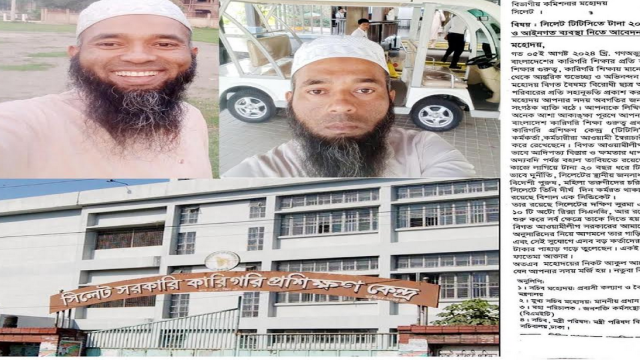

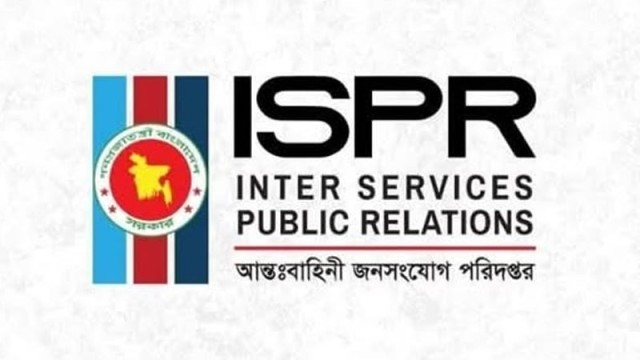
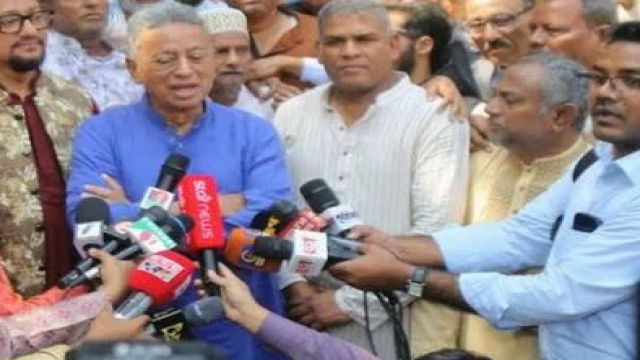
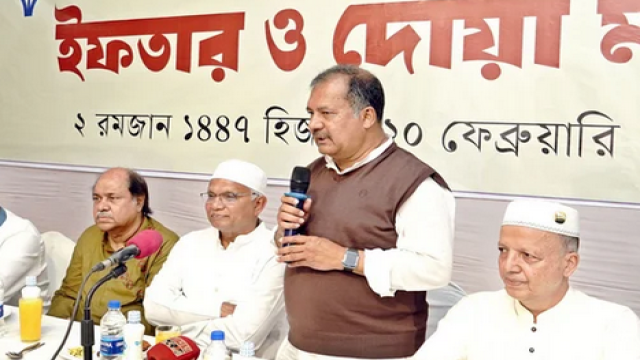
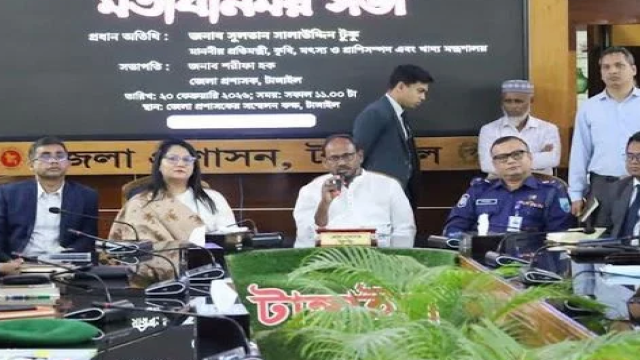














Comment: